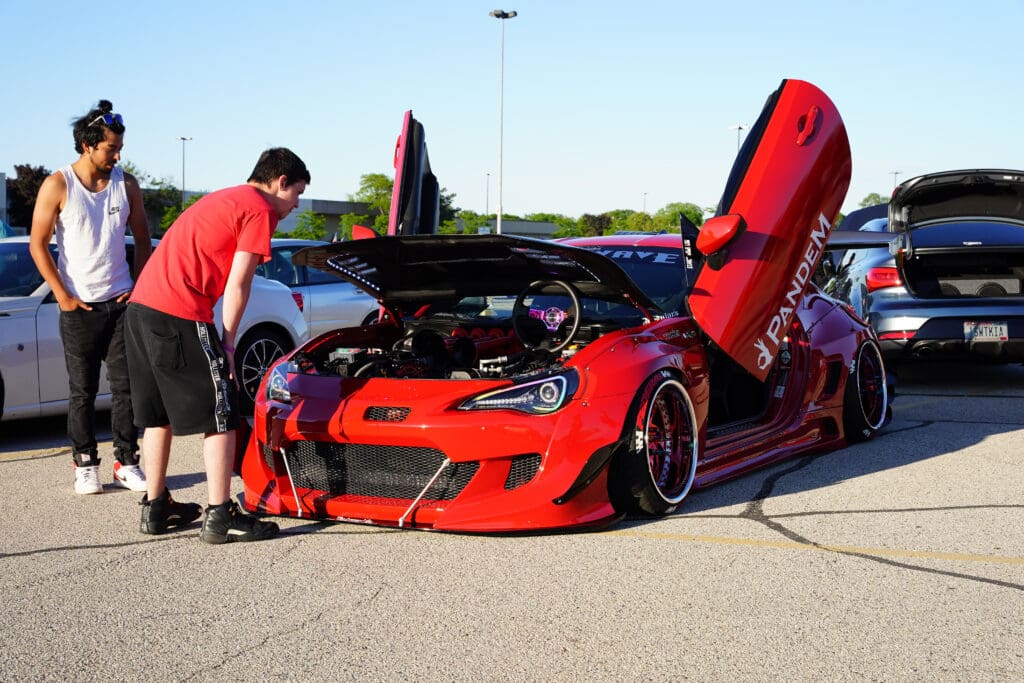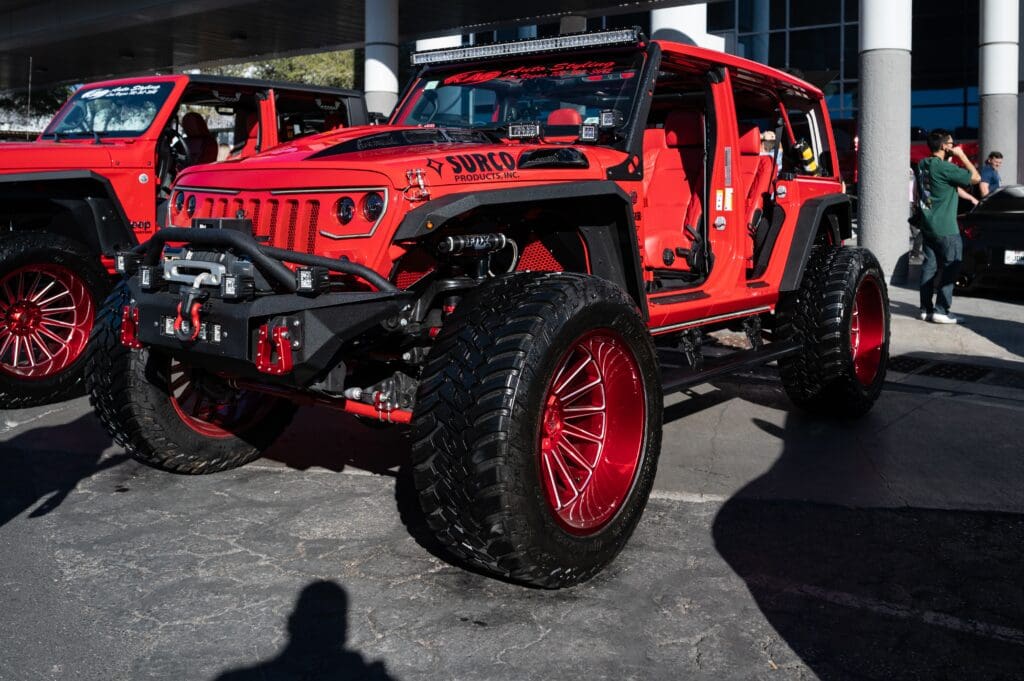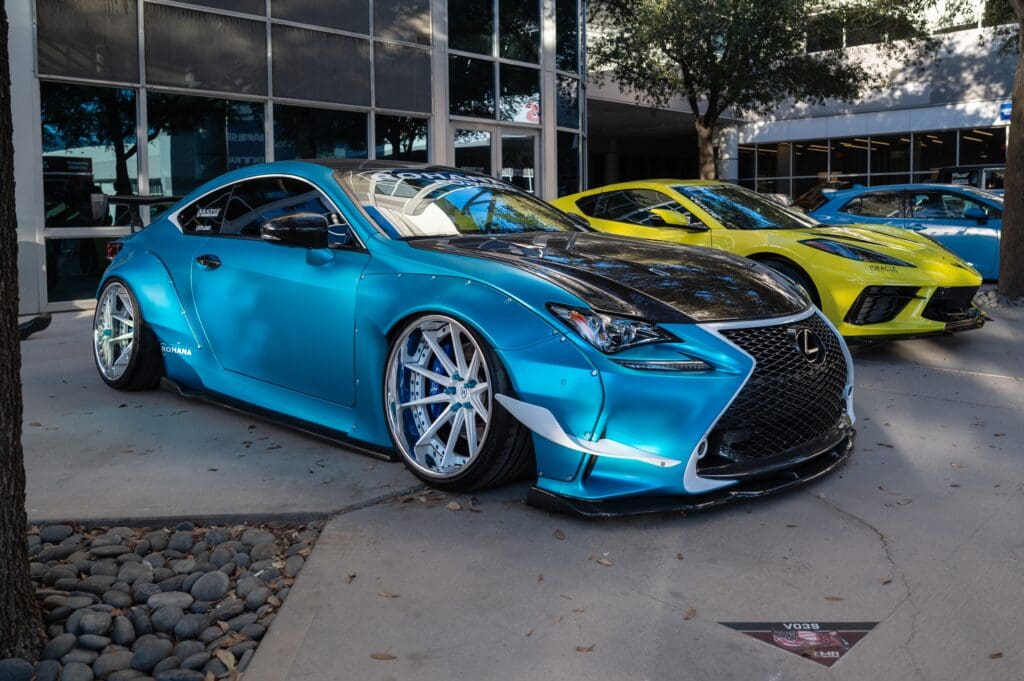Illegal Car Modifications in Maryland and Virginia
Aftermarket modifications have been around since the earliest days of the private automobile. Dedicated gearheads and casual commuters alike have always been interested in improving performance or giving their car a distinctive look. From bumper stickers to engine swaps, the practice of modifying cars is as much a part of car culture as any manufacturer or motorsport. In fact it’s estimated that almost 8 million young people per year customize their vehicles in some shape or form, a significant statistic that doesn’t even capture enthusiast above the age of 24. But did you know that some car modifications are actually illegal? Malloy Law has the full report on illegal car modifications for Maryland and Virginia.
A Brief Note on Enforcement
While we’ll be attempting to round up the various statewide regulations governing aftermarket car modifications and accessories, drivers should be aware that counties, towns, and cities can also pass laws against certain types of modifications. If you’re unsure about whether a planned modification to your vehicle is against the law, it’s generally a good idea to check your local ordinances. Doing so can save you money and legal headaches down the road.
Suspension and Lift Kits
Lifting or lowering a vehicle’s suspension is a common modification for cars and trucks of all kinds. Lifting a vehicle is often essential for off-roading. Though any change in ride height serves an obvious aesthetic purpose.
Under Virginia Law, the lower edge of the bumper must be 14-22 inches above the ground. Though this limit is variable based on the Gross Vehicle Weight Rating (GVWR). It is also illegal to make the frame or body of the vehicle touch the ground or windows. It’s also forbidden to modify the car in such a way where the fuel tank is exposed to damage in the event of a crash.
Maryland’s laws are somewhat more straightforward. There are no laws explicitly governing lift kits provided that:
- The vehicle is under 13 feet and 6 inches
- If the vehicle is a passenger vehicle, it’s frame and bumper height cannot exceed 20 inches
- If the vehicle is a multipurpose vehicle, it’s frame and bumper height cannot exceed 28 inches
As a brief note on safety: any driver seeking to lift their vehicle should consider that their vehicle’s raised profile may reduce visibility within the cabin. Increased caution and awareness is advised to prevent pedestrian, motorcycle, and bicycle accidents.
Engine Swaps
There are no regulations in either Maryland or Virginia governing engine swaps or modifications. But drivers should be aware that such a modification may run afoul of their state’s emission standards.
Mufflers and Sound Systems
Both Virginia and Maryland require cars to fit mufflers that limit exhaust noise and ban attachments to amplify exhaust noise. Virginia also bans so-called “flame throwers” that project flames from a car’s exhausts.
Mufflers and exhausts are not the only component limited for being too loud. Maryland requires that sound systems limit their volume to 55 decibels in residential areas and 64 decibels in commercial or business areas. We would like to reiterate that local or municipal laws may be stricter that statewide laws, especially when it comes to noise limits.
Lights and Tints
Both Maryland and Virginia prohibit the use of flashing or rotating lights, as well as head and tail lights outside of the regulation colors (white in the front and red in the rear). Virginia law also explicitly notes that red and blue flashing lights are reserved for emergency vehicles. Using them on a passenger vehicle could result in the felony charge of impersonating a police officer.
Window tints are a well-known gray area of the law for car modification. While technically legal, both Maryland and Virginia require at least 50% or more of light into the front windows and 35% or more through the back. If the applied tint is reflective, it must reflect no more than 20% of light. However, waivers for sun-shading tint are available in Virginia for those who qualify.
Other and Miscellaneous
While we’ve covered the major categories of potentially illegal car modifications, there are many less-common ones. This includes devices such as radar detectors, smoke screens, and nitrous oxide systems.
Possible Consequences for Illegal Car Modifications
If you are cited for an illegal car accessory the most likely outcome is that you will receive a “fix-it” ticket, requiring you to remove the modification or adjust it back to legal parameters. You may also receive a fine.
How Malloy Law Can Help
While failing to follow the car modification laws of a state or city may expose the driver to criminal penalties, it may also endanger occupants of other vehicles. Car modifications are generally illegal for reasons of public safety. They may limit the driver’s visibility, compromise the structural stability of the vehicle, or enable reckless driving well in excess of posted speed limits. These modifications and the behaviors they enable make accidents inevitable. If you have been involved in an accident with an illegally-modified vehicle, Malloy Law Offices is here to help. Our experienced legal team boasts some of the region’s car accident specialists. We pride ourselves on individual attention to our clients and a policy of empathy for the injured. Contact Malloy Law today and let us fight for you.



